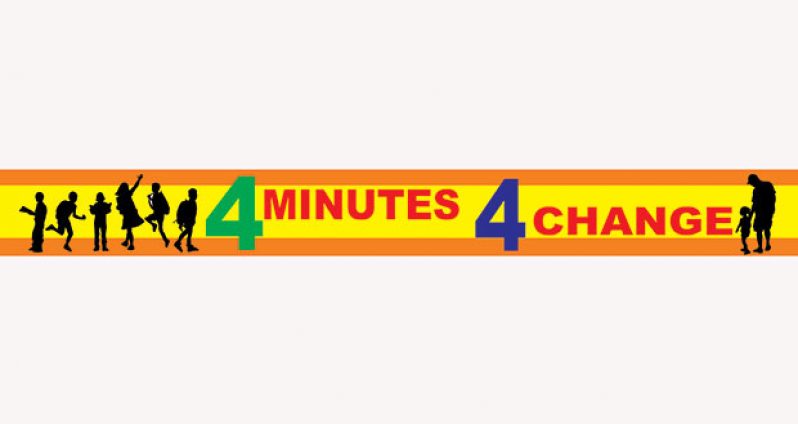A FOSTER CARER’S SHORT STORY
A MIDDLE-AGED woman fostered four siblings: of course, she had the support of her family, but it was still a noble act. She took the siblings because she did not want them to be separated or to end up in a children’s home. Apparently, the children’s mother had been incarcerated and the mother’s parting wish was for her children to stay together. The youngest child was a mere baby.
The three older children were an immediate challenge, but the foster mother put measures in place to cope and things seemed to be turning around: slowly but surely. By all means, it sounded as if she was doing a great job. There was pleasure and pride in her eyes as she relayed stories of the antics her foster children got up to. Her only real concern was for the baby, who had become very much attached to her. She explained that, by the time the biological mother was released from prison, the baby would be nearly three years old and she, the foster parent, would be the only mother the child ever knew.
Upon further discussion we came to the conclusion that the older siblings, who knew their mother, could help their baby sister and mother bond when the time came. To find this temporary solution to her problem made the foster mother even more adamant to keep these four children together under ‘her wing’ to safeguard and protect them in the best way she could, until it was time for them to go.
WHY FOSTER PARENTS MUST BEWARE
Bonding is a very important part of a relationship for any child, because children need to trust the adults around them. Foster children will bond with the adults and any children in their foster family, this happens naturally, but it is important for all parties concerned to always be aware that fostering is a temporary arrangement. Adults who foster must bear this is mind and not become overly attached to their foster children. They must be able to find a sound emotional balance in their foster- care relationships, one that cultivates mutual understanding, mutual respect, love and humility.
WHAT FOSTERING DOES FOR A CHILD
Foster care is a valuable alternative to institutional care. Children who are vulnerable or living in difficult circumstances are separated from their families for various reasons and the last thing anyone wants to do is place them in institutional care. So, where foster parents are available, they really can make a big difference to a child’s life.
When children are in a family setting (even a single-parent family) they strive better. They receive more attention from their foster carer(s) than they would from carers in an institutional setting. Foster children also tend to settle sooner and cope a little better with being separated from their loved ones. They do not have to contend with the regulations and routine of a ‘children’s home,’ nor do they have to feel like just ‘one’ in a bunch of lots of other children.
Foster children can partake in everything the foster family does, such as picnics, shopping, parties and other events. Foster children have more freedom: freedom to think, freedom to grow and flourish and freedom to find themselves and be themselves.
To find out more, call the Foster Care Unit at the Childcare and Protection Agency (227 4082 227 0138) or If you are concerned about the welfare of a child, call the Childcare and Protection Hotline on 227 0979 or write to us at childcaregy@gmail.com
A MESSAGE FROM THE CHILCARE AND
PROTECTION AGENCY, MINISTRY OF SOCIAL PROTECTION



.jpg)









